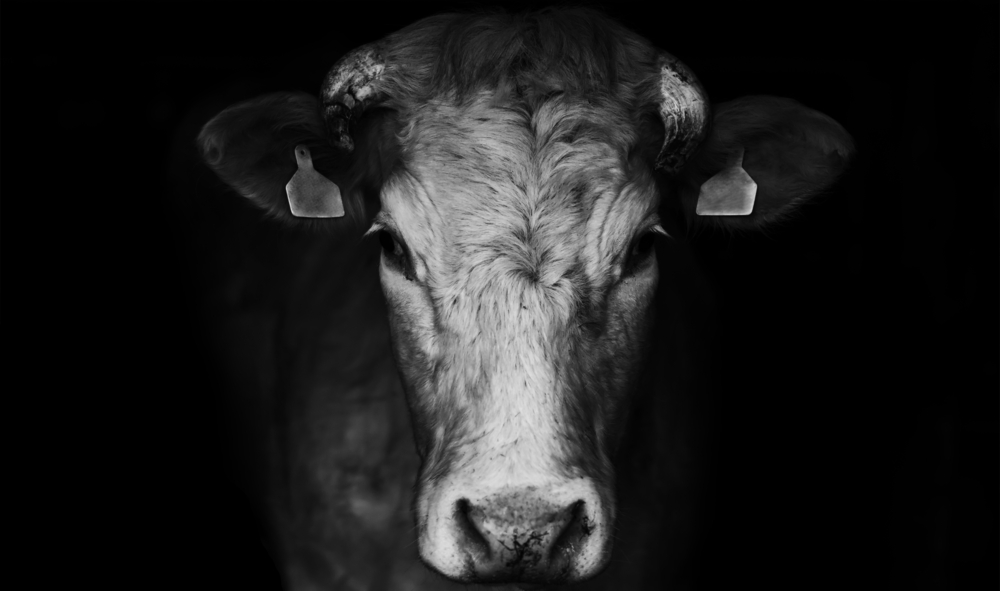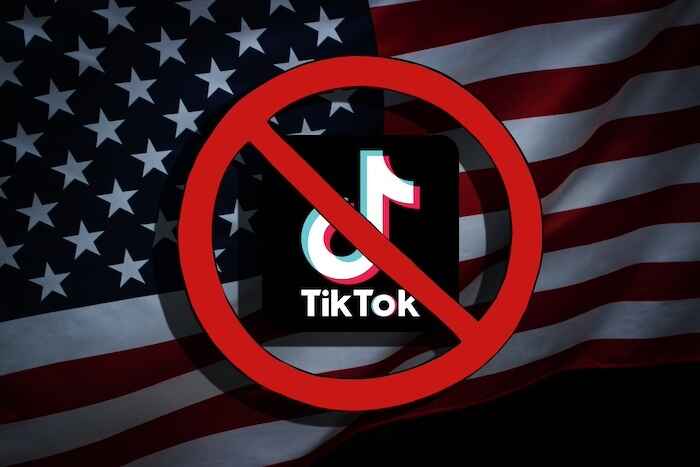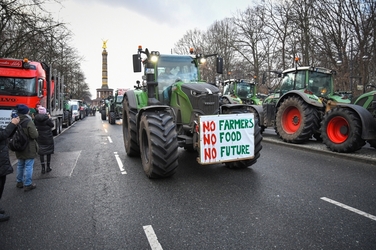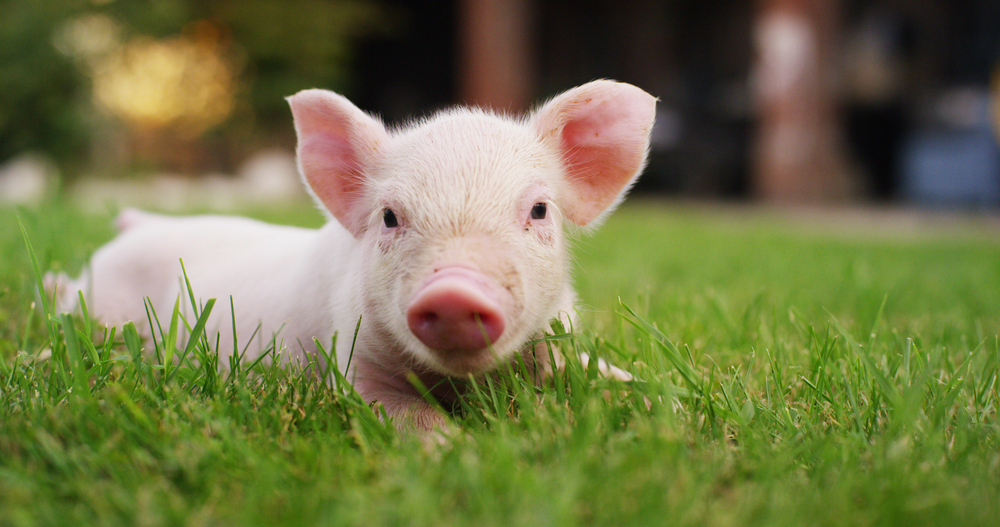A Question of Morality… and Liberty
Joel Salatin|December 21, 2021

Editor’s Note: Yesterday, Andy told us why we can’t ignore the things in our life that are broken… especially when it comes to saving and investing. Manward contributor Joel Salatin has a similar message today when it comes to our food. As a champion of the small-farm movement, he is often asked to debate those who vilify the meat industry as a whole. Below, he tells us about a recent debate that shows just how dangerous that line of thinking is. Read on…
Last week I had the privilege of debating Dr. Peter Singer, a bioethics professor at Princeton University. Our topic: “Resolved that animals don’t belong on our plates.”
Singer’s 1975 blockbuster book Animal Liberation established him as the world’s premier apologist for not eating animals. His main arguments center on suffering and slavery. He thinks our attitude toward animals is the same as our attitude was toward people of African descent during the days of slavery.
I don’t know how many debates Singer has had over his lifetime… but I’m confident I was an unusual adversary since I agreed with him about the immorality of factory farming.
The Real Debate
While he agreed that a pasture-based, animal-friendly model like we practice on our farm is better than factory farming, he held stubbornly to his thesis, since most people eat factory-farmed animals.
Interestingly, he did not think it immoral for primitive or impoverished people to eat animals. Yet the resolution made no distinction regarding people groups, needs or climate. (It’s hard to eat local lentils if you’re an Eskimo.)
That made our point of disagreement center on factory-farmed animals rather than the more basic ethical question of whether it is moral to kill an animal and eat it. That was clearly the point of the resolution.
Of course, I pointed out that animals fill many roles besides providing food. They fertilize land and prune perennials to stimulate biomass production. They provide leather, glue and many products that don’t end up on our plates.
If we eliminate animals from our plates, we also eliminate all these other benefits. In fact, nearly 25% of all meat consumed in America goes to pet cats and dogs. Are these carnivores also supposed to become vegans? How ethical is it to require a carnivore to quit eating its instinctual diet?
Think About It
Early in the debate, Singer agreed that what we do here at our farm is better but can’t possibly feed the world. (I’ve dealt with this old, stereotypical argument numerous times in these columns.)
Five hundred years ago, North America produced far more nutrition than it does today. It wasn’t all eaten by humans. Some 2 million wolves each needed 20 pounds of meat a day. Some 200 million beavers ate as much vegetation as the 350 million people who make up the U.S. population today. Countless flocks of birds, some big enough to blot out the sun for three days, ate seeds, bugs and worms.
The fact that our overall abundance has dropped since European conquest despite our modern technological prowess should give us all pause.
At the end, the debate centered on what is the right response to animal suffering. Singer argued that since most meat is factory farmed, a blanket prohibition is the moral response needed in order to change our attitude toward animals.
I offered a different solution…
Patronize farms that don’t view animals as slaves and do everything possible to offer a happy, fulfilled life. Just because most of the world is addicted to an immoral system does not mean we should throw out all the historical benefits of animals in one catastrophic swoop.
If the debate had gone longer, I would have pressed Singer on his willingness to allow meat in some situations but not in others. If it’s only suffering that’s an issue, then why don’t we debate what constitutes suffering rather than whether or not meat on the plate is inherently immoral?
Those are two extremely different issues.
Our Responsibility
Singer insisted that humans are simply highly evolved animals. In other words, humans have no additional spiritual or God-given mission or responsibility. He admitted that he didn’t believe in any religion.
In my Judeo-Christian worldview, God created humans as completely separate and distinct from animals. I pointed out to Singer that animals are incapable of showing mercy – I’ve never seen a big pig sit back and let a smaller pig enjoy first dibs at the trough.
That doesn’t mean we have no responsibility to care for them. The Bible is full of animal care instructions. But suggesting that an animal has the same right as a human to decide its future is neither reasonable nor practical.
In his zeal for animal respect, Singer neglects the most obvious incremental step – patronizing ethical and moral farms – while denying the ecological, nutritional and sustenance-related benefits animals offer.
This is not liberating at all. It’s confining. It confines humans to live as animals do in nature, and that’s impossible.
If Americans had left the country to the bison and beavers, the landscape would be fine. But that’s not practical.
The ultimate liberation is to free our minds to embrace an ethic that uses human ingenuity as a moral partner to nature. Then and only then can we restore abundance without guilt.

Joel Salatin
Joel Salatin calls himself a Christian libertarian environmentalist capitalist lunatic farmer. Others who like him call him the most famous farmer in the world, the high priest of the pasture, and the most eclectic thinker from Virginia since Thomas Jefferson. Those who don’t like him call him a bioterrorist, Typhoid Mary, a charlatan, and a starvation advocate. With a room full of debate trophies from high school and college days, 12 published books, and a thriving multigenerational family farm, he draws on a lifetime of food, farming and fantasy to entertain and inspire audiences around the world.





